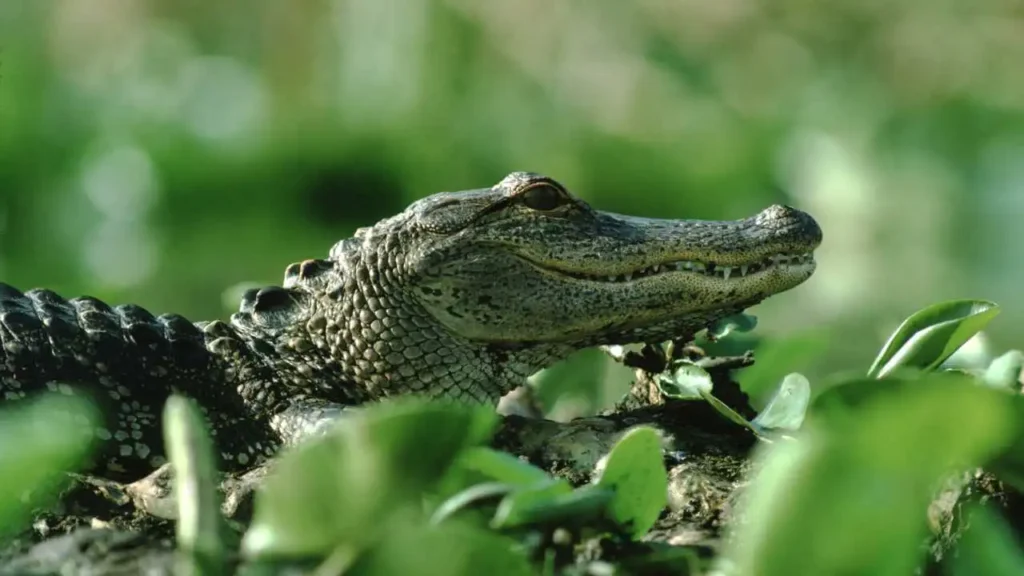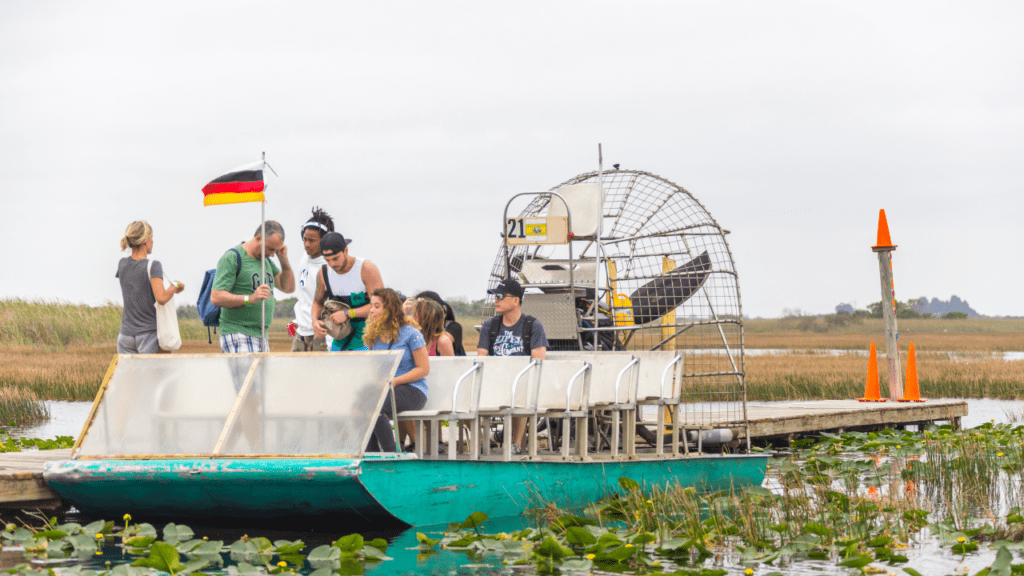
Florida, with its beautiful wetlands and diverse wildlife, is home to over a million alligators. Coexisting with these ancient reptiles requires understanding and respecting the laws designed to protect both humans and alligators. Here is what every Florida local should know in 2024:
Why Alligator Laws Matter
Alligator laws exist for several reasons:
- Public Safety: Alligators are apex predators, and while attacks are rare, they can be serious. Laws minimize the risk of dangerous encounters.
- Conservation: Alligators play a crucial role in Florida’s ecosystem. Regulations help maintain a healthy alligator population and preserve the delicate balance of nature.
- Animal Welfare: Laws protect alligators from unnecessary harm or exploitation.
Protection and Conservation
- Harming or Killing Alligators: It is a third-degree felony in Florida to intentionally kill, injure, possess, or capture an alligator or its eggs without proper authorization. This includes attempting to harm or capture an alligator.
- Authorized Take: Alligators can only be taken under specific circumstances and with proper permits issued by the Florida Fish and Wildlife Conservation Commission (FWC). These circumstances may include nuisance alligator removal or regulated hunting seasons.
Nuisance Alligators
- Reporting Nuisance Alligators: If an alligator poses a threat to people, pets, or property, it should be reported to the FWC’s Nuisance Alligator Hotline. The FWC will send a contracted nuisance alligator trapper to assess the situation and potentially remove the alligator.
- Definition of Nuisance Alligator: Generally, an alligator must be at least 4 feet in length to be considered a nuisance, although exceptions can be made in extreme situations.
- Trapping and Removal: Only authorized nuisance alligator trappers can legally trap and remove nuisance alligators. It is illegal for the public to attempt to capture or relocate alligators themselves.
Hunting and Trapping
- Regulated Hunting Seasons: Florida has specific alligator hunting seasons with limited permits available through a lottery system. Hunters must follow strict rules and regulations regarding hunting methods and alligator size limits.
- Trapping Permits: Special permits are required for alligator trapping, which is primarily done for commercial purposes or as part of nuisance alligator management programs.
Key Florida Alligator Laws
- Feeding Alligators is Strictly Illegal:
- Feeding alligators can make them lose their natural fear of humans and associate people with food, increasing the likelihood of aggressive behaviour.
- The consequences for feeding alligators are severe, with potential fines and even jail time.
- Do Not Approach or Harass Alligators:
- Keep a safe distance and never try to touch, catch, or provoke an alligator.
- Be especially cautious around water bodies where alligators are known to live.
- Swimming in Designated Areas Only:
- Alligators are most active during dusk and dawn. Avoid swimming during these times.
- Stick to designated swimming areas where alligators are less likely to be present.
- Keep Pets Leashed and Away from Water:
- Alligators often prey on small animals. Keep pets leashed near water and supervise them closely.
- If you encounter an alligator while walking your pet, keep your pet close and back away slowly.
- Nuisance Alligator Removal:
- If you encounter an alligator that poses a threat to humans or pets, call the Florida Fish and Wildlife Conservation Commission’s (FWC) Nuisance Alligator Hotline.
- Do not attempt to remove a nuisance alligator yourself. Trained professionals will handle the situation safely.
- Special Regulations for Hunters and Trappers:
- There are specific hunting and trapping seasons for alligators in Florida.
- Hunters and trappers must have valid permits and follow strict regulations.
- It’s illegal to poach alligators or take their eggs.
- Be Aware of Nesting Season:
- During alligator nesting season (typically April through June), females are especially protective of their nests.
- Keep an extra distance from areas where alligators may be nesting.
- Be cautious around water bodies, as mothers may be guarding their young.
Penalties for Violating Alligator Laws
Violating alligator laws can have serious consequences:
- Fines: Range from hundreds to thousands of dollars, depending on the severity of the offense.
- Jail Time: In some cases, violating alligator laws can lead to jail time.
- Loss of Licenses: Hunters and trappers who break the rules may lose their licenses.
Additional Tips for Alligator Safety
- Educate Yourself: Learn about alligator behaviour and how to identify potential danger signs.
- Stay Alert: Be aware of your surroundings, especially near water.
- Report Sightings: If you see an alligator in an unexpected area, report it to the FWC.
- Respect Their Habitat: Alligators are a natural part of Florida’s ecosystem. Let us coexist safely by respecting their space and following the law.
It is Everyone’s Responsibility
Protecting both humans and alligators requires a collective effort. By understanding and following the laws, we can ensure a safer and more harmonious environment for all. Remember, knowledge and respect are key to coexisting with Florida’s iconic alligators.




